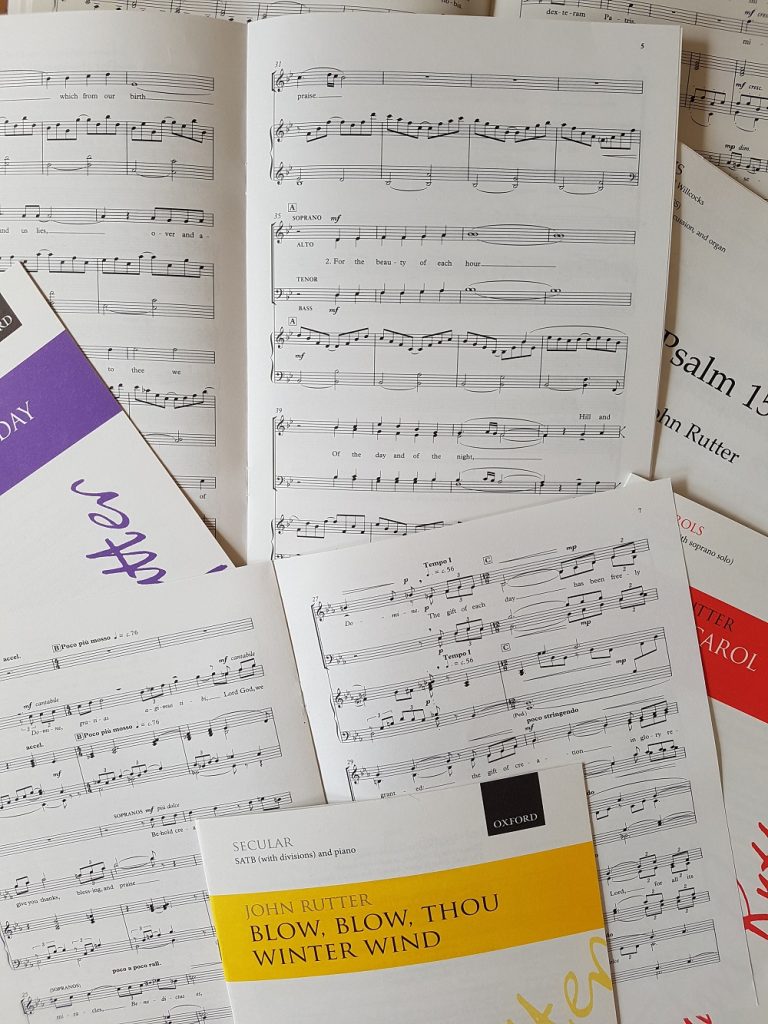The wide-awake young manager of the Royal Philharmonic Orchestra, James Williams, recently suggested that we should drop the term ‘classical’ when we apply it to music. The description ‘classical music’, he maintains, is a turn-off for young people, denoting ‘boring old stuff your parents used to like, by dead composers you’ve never heard of’.
James has his finger on the pulse more than I do, but even in my off-centre cultural cocoon I have to admit I agree with him, though I can’t think of a better term. When I was growing up there were two kinds of music: (1) music, and (2) pop music (plus jazz, folk and some lesser genres). If you gave ‘music’ as one of your interests when you filled in a university application form, that was assumed to mean what we now call classical music. If your passion was for Elvis, Tommy Steele or the dangerous young Cliff Richard, you would have had to put ‘pop music’ – if you didn’t mind being considered, frankly, a bit common.
It was in the 1960s that a cultural shift began to happen: pop music became mainstream. Everyone under the age of 25 listened to the Beatles and the Stones, which is how they racked up unprecedented record sales. It had something to do with a new youth culture taking hold, something to do with pop music becoming more exciting and exploratory, something to do with a more egalitarian society – but the result was that classical music, the bedrock of our culture, taught up till then in every school, was elbowed aside, becoming a niche interest.

Today we have (1) music (meaning pop music and all its sub-genres) and (2) classical music. If you are in any doubt where the mainstream lies, look at press coverage: the death of an old rock star rates many more column inches than say, the recent death of our former Master of the Queen’s Music. Or consider the honours system: what would Lord Britten, Sir William Walton and Lord Menuhin have made of Sir Paul, Sir Elton and Sir Mick?
Yes, we have a large and thriving classical sector in the UK, with higher standards of performance and more imaginative presentation than anything I remember in my formative years. But we shouldn’t have to use the term ‘classical’ almost like an apology. Classical music is our birthright and our heritage, and we should teach, value and nurture it. It’s still in the mainstream. ‘Music’ is a good enough description for me.

I prefer “contemporary” as the term for anything that hasn’t been classified yet because it is too close to us and as an editor of online critical reviews, always “fight” with writers about the term “Classical” – it’s an era, not a genre. Music is fluid and growing, not stuck. I wish others would adopt this ideal and be more flexible in their labeling. Open to suggestions.
I don’t think such demarkations are desperately helpful. John rather likes my voice, I sang for a now-defunct Choir, Southbank’s Voicelab, leading them in David Byrne’s Meltdown curation high-point in 2015, which made an icon of William Onyeabor, and followed that up by being called in to mentor a starter choir, Beyond the Bassline, intended to bolster VoiceLab. They were working for Shlomo, a fellow member of the extended Swingles family – and a beatboxer. VoiceLab mostly perform classical work. I can’t see a boundary, frankly, between Onyeabor, who we turned into a funk icon in a single performance, Shlomo, and John – we talk to people.
If you go back 500 years, music was part of the academic norm known as the quadrivium, forcing people to get some heart into their studies – the Scientific Revolution simplified matters, removing the imagination, rather at the behest of Rome (Athanasius Kircher being the chief culprit). The finest example I know of of the quadrivium was Pierre d’Ailly’s assembly of the young Dufay and van Eyck into his entourage at the Council of Constance, implementing a recommendation from Jean Gerson to examine the work of Jan van Ruusbroeck to create a justification for inverting the social order in the wake of the Black Death to stop the 5 Conciliar Kings adding to the chaos by fighting each other (the Hundred Years War). That work was brought to a head under Nicholas of Kues in the simultaneous overturn of the Papacy, removing it from the Roman Famiglias in 1430, with the election of Eugenius IV to the Holy See: the works in question are Ruusbroek’s Spiritual Tabernacle (the foundation of Requiem theology), Dufay’s L’Homme Armé mass (the greatest hit of all time, we know it as The Armed Man – Karl was a “pop” musician, like me ejected from the scene by the A&R mob in 1977), and van Eyck’s Mystic Lamb and Spiritual Tabernacle. One act in the Council of Constance, putting an end to the Papal schism caused by the partisan politics of the monarchs, which started the Renaissance.
This is the heritage we celebrate, and if there’s one thing I’d love to do, it’s gag the critics. If you’re that good, come join us and perform. If you’re not, stop taking pot-shots from the sides, because those who can, do. Those who can’t, teach. And those who can’t teach, criticise. Me, I’m off to sing under John in Marylebone now, in one of his Come-and-Sings, which opens the door to you to do exactly that, in a Church whose basement deals in pure spirituality.